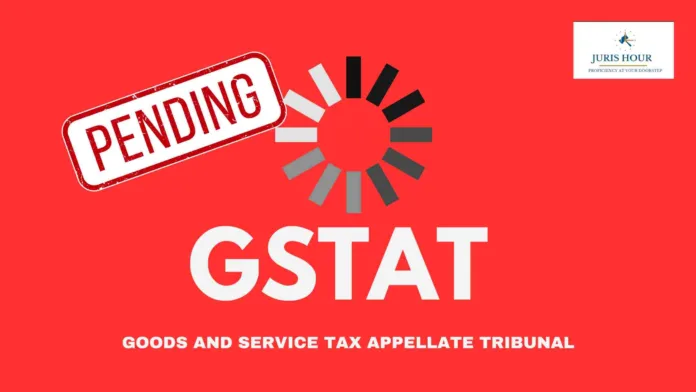In a continuing saga of administrative setbacks, the long-awaited Goods and Services Tax Appellate Tribunal (GSTAT) has failed to take off once again, leaving thousands of taxpayers and litigants in a state of prolonged uncertainty. Despite being slated to start functioning in December 2024, the tribunal remains non-operational due to a series of bureaucratic, legal, and infrastructural hurdles — with more potential delays looming on the horizon.
The first attempt to constitute the tribunal saw some progress when over 100 candidates were interviewed for Judicial and Technical Member positions in May–June 2024. However, the process hit a wall when the minutes of the Search-cum-Selection Committee meeting could not be signed, following the appointment of then Revenue Secretary Sanjay Malhotra (IAS: 1990: RJ) as the Governor of the Reserve Bank of India.
A second attempt, made on May 31, 2025, has also stalled after an applicant for the post of Judicial Member challenged the process in the Odisha High Court. This legal move has not only cast a shadow over the transparency of the selection but has also put the entire exercise on indefinite hold.
Now, another key development threatens to derail the process further: Sujata Saunik (IAS: 1987: MH), a senior member of the selection committee, is set to retire this month. With the minutes of the second round of interviews still awaiting endorsement, her retirement could mean starting the entire selection process anew — further delaying the appointment of over 72 members.
Adding to the chaos is the states’ unpreparedness: several have not yet appointed their representatives or allocated physical infrastructure for the tribunal benches. Well-placed sources reveal that as of today, GSTAT has neither functional office spaces nor supporting staff.
Tribunal Delay Deepens Taxpayer Woes
Ever since the rollout of GST in 2017, taxpayers have been grappling with a lack of dedicated appellate forums for GST-related disputes — forcing them to approach High Courts. The formation of GSTAT was intended to provide quicker and more cost-effective relief. In June 2024, the 53rd GST Council Meeting set clear monetary thresholds for appeals: ₹20 lakh for GSTATs, ₹1 crore for High Courts, and ₹2 crore for the Supreme Court. But with the tribunal non-functional, these limits remain meaningless.
Legal and Tax Fraternity Disillusioned
“The continued collapse of the selection process is disheartening,” said a senior advocate involved in indirect tax litigation. “Every failed attempt chips away at the credibility of the system and burdens both taxpayers and the judiciary.”
Clock Ticking, Confidence Eroding
Unless immediate action is taken to complete the selection process, address legal challenges, and build the necessary infrastructure, the GSTAT may remain a stillborn institution. The government must act swiftly to avoid further erosion of taxpayer confidence in India’s dispute resolution framework — before yet another deadline passes unmet.
Read More: Meerut Court Approves Judicial Custody of Accused in ₹10.85 Crore GST Fraud Case

